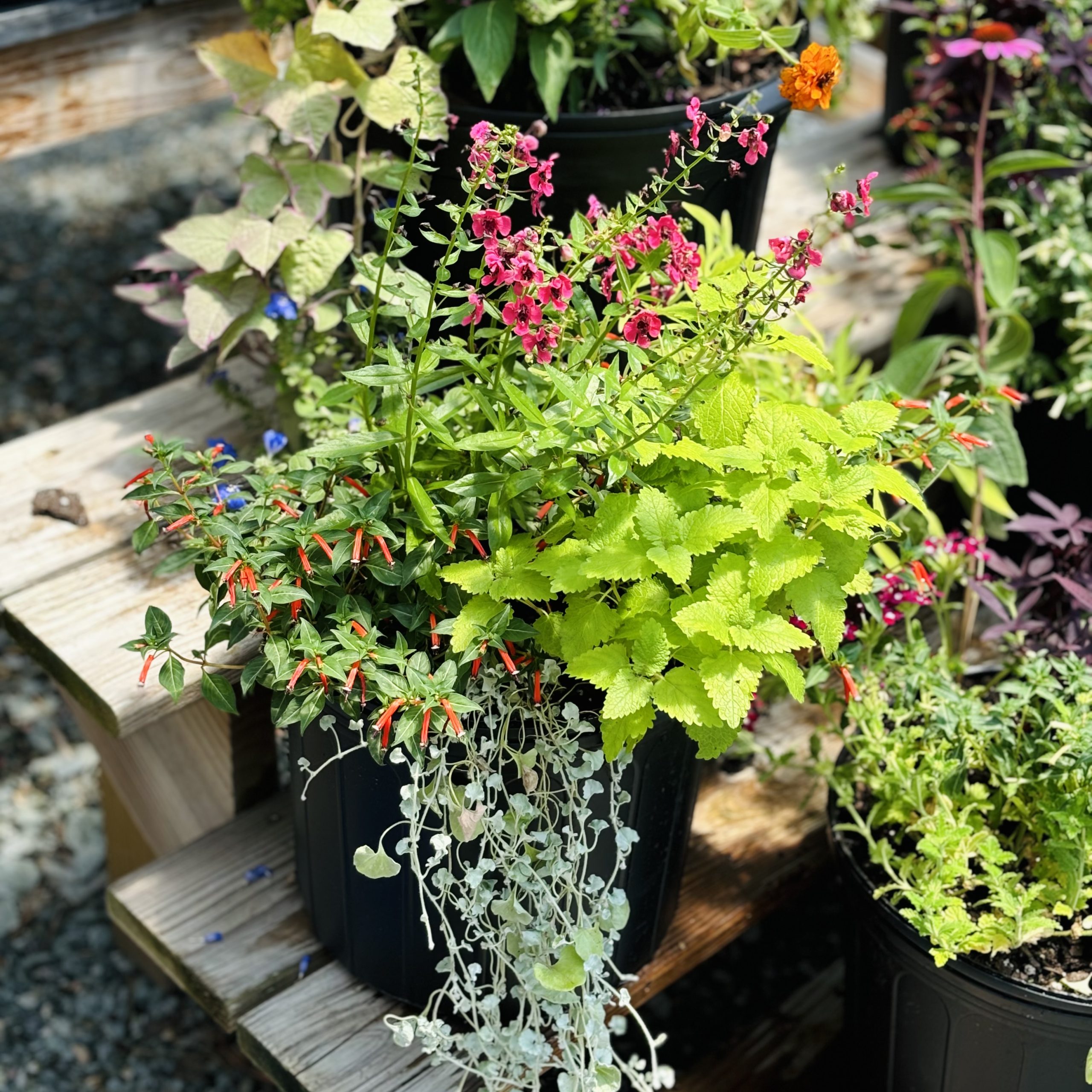As the summer heat continues to bear down, August in North Carolina offers a unique set of gardening opportunities and challenges. Whether you’re tending to your vegetable patch or maintaining ornamental gardens, there are several crucial tasks to tackle this month to ensure a flourishing garden. Here’s a guide to help you make the most of your August gardening in North Carolina.
1. Monitor and Manage Pests
August is a prime time for garden pests like aphids, caterpillars, and spider mites. Regularly inspect your plants for signs of infestation and take action promptly. Use organic pest control methods, such as neem oil or insecticidal soap, and encourage beneficial insects like ladybugs to help keep pest populations in check.
2. Keep Up with Watering
The summer heat can be relentless, so maintaining proper soil moisture is crucial. Water your garden deeply and less frequently to encourage deep root growth. Early morning is the best time to water to reduce evaporation and fungal issues. Mulching around plants can also help retain soil moisture.
3. Harvest Summer Crops
August is peak harvesting time for summer crops. Check your tomatoes, peppers, cucumbers, and zucchini regularly. Harvesting them when they’re ripe ensures the best flavor and encourages plants to produce more. For vegetables like beans and corn, pick them as soon as they’re ready to prevent over-ripening.
4. Plant Fall Crops
As summer begins to wind down, it’s time to think about fall planting. In North Carolina, you can sow seeds for cool-season crops such as kale, spinach, radishes, and turnips. Start these crops in late August to ensure they have time to mature before the first frost.
5. Deadhead and Prune Flowers
To encourage continued blooming, deadhead spent flowers on annuals and perennials. This not only keeps your garden looking fresh but also helps plants direct their energy toward new blooms. For shrubs and trees, light pruning can help maintain shape and remove any dead or diseased wood.
6. Prepare for Fall Planting
August is an excellent time to prepare garden beds for fall planting. Clear away any spent summer plants and amend the soil with compost or organic matter. This will ensure that your soil is rich and ready for new plantings, whether you’re adding fall vegetables or perennials.
Speaking of new plantings… if you find a tree or shrub that is a must have in your yard but unsure how to plant it, ask an associate about our ‘You Pick, We Plant’ program. It truly is as simple as that!
Click Here for More Information
7. Check Irrigation Systems
With the ongoing heat, it’s important to ensure your irrigation system is functioning properly. Check for leaks, clogs, and ensure that the system is providing adequate coverage. Consider adjusting your watering schedule based on the current weather conditions.
8. Fertilize Wisely
Summer can deplete soil nutrients, so consider a mid-season feeding for your plants. Use a balanced fertilizer or one tailored to the specific needs of your plants. For vegetables, a high-potassium fertilizer can support fruit development. Avoid over-fertilizing, which can lead to excessive foliage growth at the expense of blooms or fruit.
Did you know For Garden’s Sake offers complete lawn and shrub treatment services including fertilizer, insect, fungus control and more. Find more information on our services and get a free estimate with the link below!
Click Here for a Free Estimate
9. Maintain Lawn Care
Lawns can suffer under the intense summer heat. Mow grass at the appropriate height, typically around 3 inches, to promote healthier roots and reduce stress on the lawn. Aerate the soil if necessary to improve air and water penetration. Consider applying a fall lawn fertilizer towards the end of August to strengthen the grass for the cooler months ahead.
For Garden’s Sake has been delivering exceptional lawn services for over 20 years! We are locally owned and operated, licensed, certified, and fully insured and serve clients in Durham, Chapel Hill, Pittsboro and Hillsborough. We’re here to customize a maintenance program to keep your unique yard looking its best and stay within your budget!
Click Here for a Free Estimate
10. Plan for Winter Protection
While it might seem early, August is a good time to think about winter protection for your plants. Start planning for winterizing strategies such as covering tender plants with mulch, installing frost cloths, or moving potted plants to a more sheltered location. Preparing now can save you a lot of effort when the cold weather arrives.
Conclusion
August may be hot and humid, but it’s a crucial month for maintaining and preparing your North Carolina garden for the seasons ahead. By staying on top of pest control, watering, harvesting, and preparing for fall, you can ensure a vibrant and productive garden throughout the year. Embrace these tasks to keep your garden healthy and thriving as summer transitions into fall. Happy gardening!
Visit us at: For Garden’s Sake
9197 NC HWY 751 Durham, NC 27713
Call us at (919) 484-9759 or text us at (919) 530-9643

